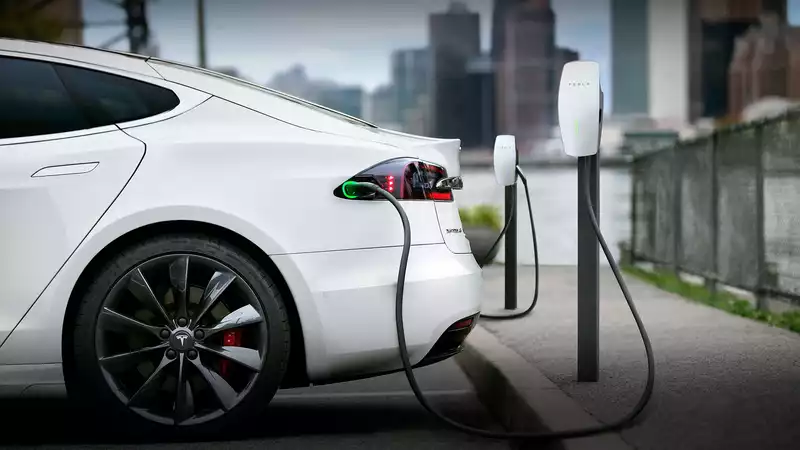Many people are switching from gas-powered to electric vehicles, but new data shows that some are switching back. This is due to inadequate charging infrastructure.
According to a recent UC Davis Transportation Institute study published in Nature. Researchers found that roughly one in five "early adopters" of EVs and plug-in hybrids are returning to cars that run solely on gasoline.
Researchers surveyed 1,727 Californians who purchased an EV or plug-in hybrid vehicle (PHEV) between 2015 and 2019; 20.1% of PHEV owners and 18.1% of battery-only EV owners switched to gas when it came time to purchase a new vehicle switched to gas. And that seems to be primarily due to charging infrastructure issues.
According to the survey results, those who ditched their EVs were twice as likely to have no charging options at home. They were also half as likely to have a Level 2 charger at home, which is essential if they need to charge their car overnight.
Not surprisingly, the percentage of owners who abandoned their electric vehicles varied depending on the electric vehicle they owned. 36.9% of Fiat 500e owners switched to gas, while only 11% of Tesla owners did the same. Given how much money the company invests in charging technology, it is not a big surprise that Tesla owners are less likely to make the switch.
The company has invested a lot in its charging network, and the company's Supercharger map shows that California is covered with a variety of compatible charging stations. Charging stations are located in a variety of locations throughout the state, as well as in major cities and coastal areas.
However, Tesla-owned chargers are not compatible with other EVs, so those without Teslas must rely on other charging solutions.
However, charging is not the only factor. Researchers also found that households with multiple vehicles are more likely to purchase another EV. Presumably, such people have gasoline or other vehicles that they can use when EVs are not suitable, such as on long trips.
Interestingly, range did not influence people's decisions. Early EVs lacked range, but recent EVs have improved considerably. Not only have battery capacities increased, but the speed of recharging when the need arises has also improved significantly. The researchers noted that if range is an issue, EV drivers have the option of choosing a newer car that can go longer distances.
For the majority of respondents, it is clearly not the cars themselves that are bad. Researchers found that 65% of those who gave up their EVs said they would consider purchasing an electric car in the future as well.
However, as the paper points out, one cannot assume that just because one owns an EV now, one will buy one again in the future. In other words, as difficult as it is to get people to actually buy electric vehicles, they need to be able to have an incentive to just keep driving them for years to come.
Part of this challenge obviously includes making sure that the vehicle charging infrastructure meets specifications. Especially for those who do not or cannot have fast chargers at home.










Comments